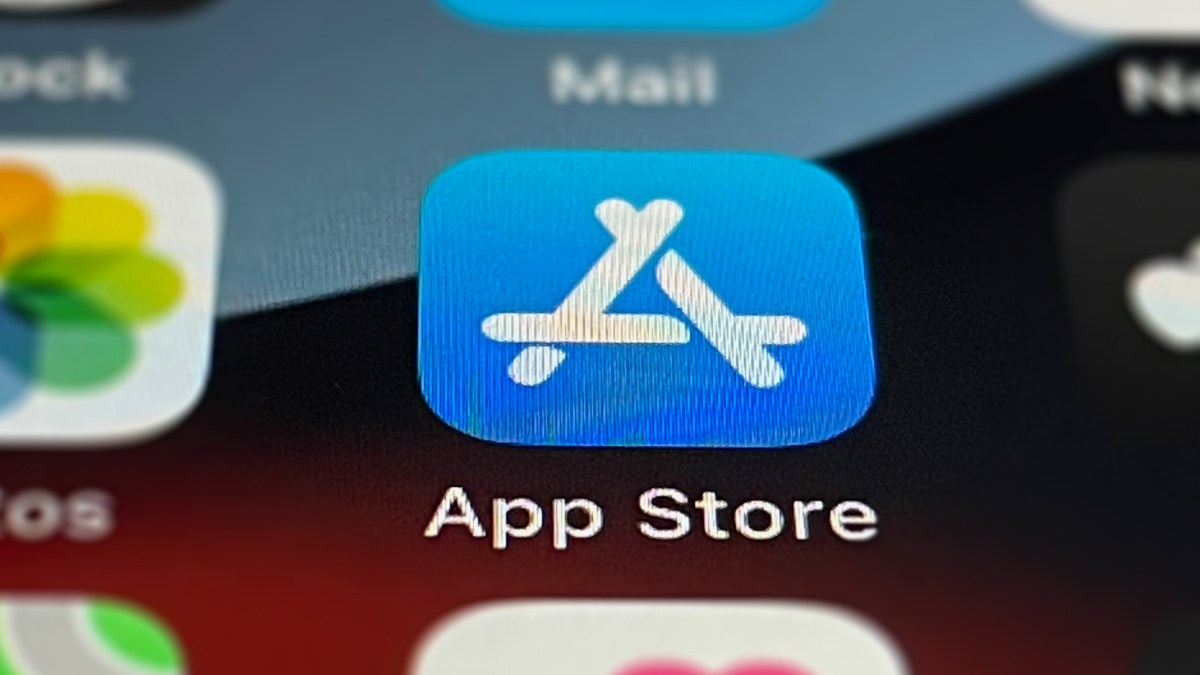Ahead of WWDC, Apple says App Store blocked $2B in fraud transactions last year, $9B in past 5 years

Apple on Tuesday announced new figures related to its App Store’s ability to protect app developers and consumers from fraud. The company said it has prevented more than $9 billion in fraudulent transactions over the past five years. In 2024, Apple stopped $2 billion in fraudulent transactions and blocked nearly 2 million risky app submissions from being published.
The release of these metrics, in the days before Apple’s annual Worldwide Developer Conference (WWDC 2025), aren’t just meant to highlight the benefits of selling software on the App Store. They also serve as a stark reminder of what developers will face if they try to go it alone on mobile payments.
After Fortnite maker Epic Games successfully prevailed in a high-stakes legal battle with Apple over App Store antitrust issues last month, Apple was forced to give U.S. app developers the ability to link to alternative payment methods inside their apps, where Apple couldn’t take a commission.
Though larger apps like Fortnite, Spotify and Amazon Kindle were quick to take advantage of the new functionality, smaller app developers may still be on the fence as to whether it makes financial sense for them to process their own payments due to the risks of fraud, chargebacks, refunds, and other issues that Apple’s App Store handles in exchange for a 15%-30% commission on in-app purchases.
Demonstrating the scale of its operation, Apple said it prevented over $2 billion in fraudulent transactions in 2024 alone across its App Store, which is live in 175 regions globally and sees an average of more than 813 million visitors per week.

The iPhone maker also reminded developers that transaction fraud isn’t the only kind of risk that Apple protects against, noting that bad actors try to exploit users in other ways, like stealing personal data, creating fraudulent accounts, and pirating apps, among other things.
Apple said it terminated more than 146,000 developer accounts in 2024 over fraud concerns, and rejected an additional 139,000 developer enrollments from bad actors. It also rejected over 711 million customer account creations and deactivated nearly 129 million customer accounts last year. And it blocked over 10,000 illegitimate apps on pirate storefronts, which included malware, pornography apps, gambling apps, and pirated versions of developers’ legitimate apps.in fraudulent transactions and blocked nearly 2 million risky app submissions from being published.
Under the EU’s Digital Markets Act, people in the region are now allowed to access alternative app stores that host the kind of apps that Apple’s policies don’t allow, or apps that want to market themselves to users outside Apple’s control for other reasons. Apple’s message to developers here suggests that those app stores are also often the place where developers’ own software is pirated and resold, putting them at risk.
The company also noted it stopped nearly 4.6 million attempts to install or launch apps outside the App Store or other approved third-party marketplaces.
Apple has long used the argument that its App Store commissions are about more than just processing payments, saying it’s also about providing security, hosting, distribution, discovery as well as blocking fraud.
That’s a compelling case for smaller app developers, including those who already pay the reduced 15% commission as part of Apple’s Small Business Program. In fact, early data from RevenueCat, which provides developers with subscription infrastructure, indicates that small businesses are unlikely to financially benefit from switching to their own payment systems.
In its announcement, Apple also reviewed other aspects of its App Store business and how it benefited consumers and developers, sharing other, more detailed metrics around App Review, discovery fraud, payment and credit card fraud, and more.

Combined, these numbers are designed to remind developers why they should choose the App Store in a market where it’s now no longer the only way to reach users or monetize mobile apps.
If you liked the article, do not forget to share it with your friends. Follow us on Google News too, click on the star and choose us from your favorites.
If you want to read more like this article, you can visit our Technology category.